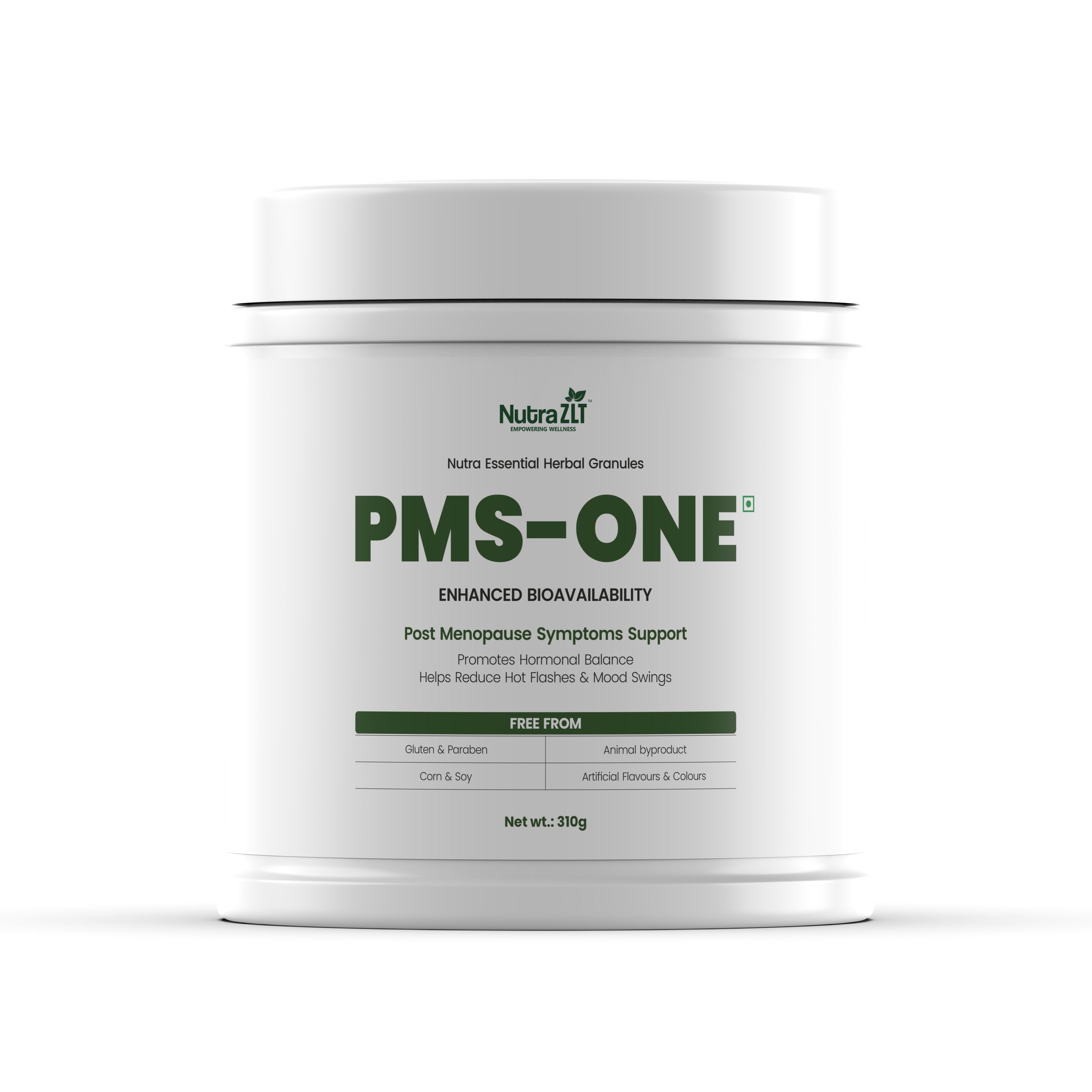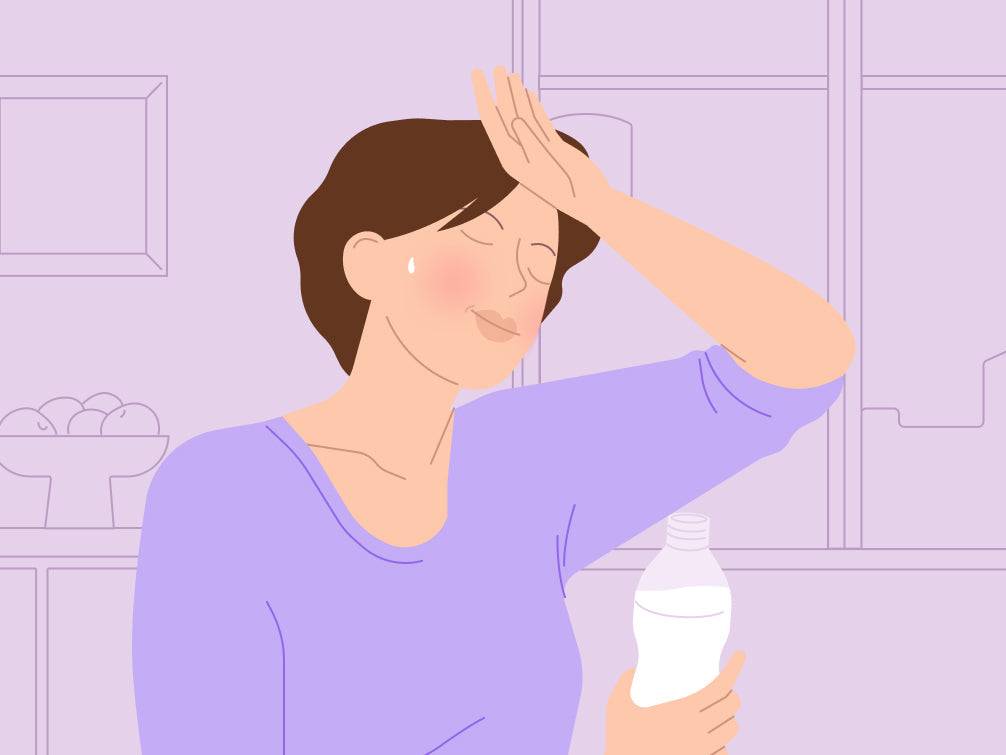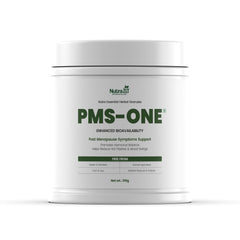1. The Silent Struggle: Indian Women and the Challenge of Menopause
One of the least discussed issues in health in India is menopause a natural transition in the life of all women. As it is stated in the National Family Health Survey-5 (2019-2021) data regarding India, approximately 15 percent of Indian women between the ages of 30-49 years already are menopausal. This is an alarming figure which shows that the trend of early or premature menopause is on the rise, and this issue affects the physical and emotional wellbeing of women. Moreover, according to an Indian Menopausal Society report, the menopausal women in India are bound to exceed about 103 million women in 2026 - a group that has to be given special healthcare consideration. To add to this, a 2021 systematic review article published by Science Direct estimated a mean age of menopause among Indian women as 46.6 years on average, which is much younger than that of the rest of the world. Regardless of these figures, menopause is a taboo issue among the majority of Indian families. Women quietly fight various symptoms such hot flashes, insomnia, mood swings, anxiety, bone weakness, gain weight and put on lower libido mostly without consulting a doctor or seeking social support. The necessity to define menopause as a period of life, which should be approached with compassion, understanding and scientific help is more than ever.
2. Why Are Indian Women Silent on the Woes of Menopause?
The indifference around the topic of menopause in India is not ignorance-driven but rather rooted in the stigma and prejudice within the society and culture. Most women do not view menopausal symptoms as preventable health conditions but as the normal results of old age. The absence of an open conversation has resulted in the creation of a vacuum in which fake news flourishes, and the awareness is low.
Indian women are reluctant to seek menopause-related support because of the following reasons:
1. Societal Taboos and Stigmas: Discussion of menopause, similar to menstruation is not a topic worth discussing, especially in the Indian family. Most women carry this silence and they do not talk about their plight.
2. Accepting Menopause as a Natural Outcome of Aging: Women are socialized to accept the bodily changes without complaint, as the symptoms are a normal aspect of life. This inertial acceptance does not allow taking timely medical or nutritional measures.
3. Lack of Support from Family, Friends, and Workplaces: Menopausal women do not have strong emotional and environmental support networks. Only a few workplaces take into consideration health issues caused by menopause and even in families, sympathy becomes subordinate.
4. Shift in Social Identity: Menopause is a sign of loss of youthfulness, femininity, and energy to many women. The resultant psychological effect may be low self-esteem and isolation.
3. Why Consider Phytotherapy Before Conventional Hormonal Treatment?
The symptoms of menopause disrupt quality of life, and thus, treatment is necessary. Traditional Hormone Replacement Therapy (HRT) has been popular but with potential dangers, such as heart-related problems and cancer of the breast with prolonged use. This has seen medical practitioners seek safer alternatives that are plant-based.
The Spanish Association of menopause study (AEEM) suggests that prior to using pharmacological or hormonal treatment, gynecologists should implement at least three months of phytotherapy (plant-based therapy) first. The trend in the world indicates increased belief in the natural bioactive compounds that replicate mild estrogenic effects without the side effects of synthetic hormones.
Some of the scientifically proven phytotherapeutics include:
Black Cohosh (Cimicifuga racemosa) reduces hot flashes and mood swings, Hops (Humulus lupulus) regulates vasomotor symptoms and sleep, Fenugreek (Trigonella foenum-graecum) supports hormones, metabolism, and bone density, while Tribulus (Tribulus terrestris) boosts libido, energy, and mood stability.
Ayurveda has its analogs that have become the basis of PhytoEarth™ NutraZLT™ PMS-ONE™ - Nutra Essentials Herbal Granules. The Ayurvedic substitutes are Shatavari, Ashwagandha, Nirgundi, Lodhra, Mandookparni, Flaxseed, and Amla. The combination of these botanicals in PMS-ONE is a phytotherapeutic system to achieve natural hormonal balance, which leads to physical comfort and emotional strength in menopause - without expected synthetic hormones.
4. Why Awareness and Empathy Matter: A Call to Society
Besides treatment, understanding, empathy, and recognition are what menopausal women most require. The discussion about menopause should stop being embarrassing undertones to the discomfort, but a matter of frank care and support at home and at work. An effective awareness program will help women to be able to identify the symptoms in time, obtain early assistance, and apply comprehensive management interventions consisting of nutrition, lifestyle modifications, and phytotherapy.
Families are also critical to this change: Partners ought to be instructed to provide emotional comfort and joint accountability in day to day adaptation. Sons and daughters should learn to accept menopause as part of nature not a disease and should be tolerated and looked after. Friends can offer good environments to talk motivate and laugh, avoiding the silence which is tedious. Menopause should be promoted in the work place with policies that are flexible, stress management programs and awareness of psychosomatic symptoms such as fatigue, irritability and insomnia.
By establishing a good psychosocial setting in the presence of menopausal women, it will be possible to redesign the way our society perceives aging and womanhood; bringing in dignity and vitality back to the necessary part of our lives.
Conclusion: A New Era of Menopause Care with Phytotherapy
Menopause is not the termination of the vitality, but it is the new period of wisdom, strength and self discovery. India is at the crossroads of such a critical situation when millions of women are required to medically and emotionally recognize their menopausal experience. The technology behind PhytoEarth™ in its NutraZLT™ PMS-ONE™ is Phytotherapy which is a safe, scientifically supported and Ayurveda motivated natural management of menopause. It is a blend of the latest findings and the ancient Ayurvedic philosophy that will allow women to regain the sense of Ease, Strength, and Harmony, the very key to holistic wellness, with the help of PMS-ONE. It is time to make the discussion regular, and make the transition, and enable every woman to see menopause as a phase of a new balance and inner strength.












